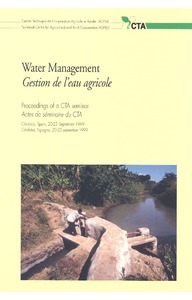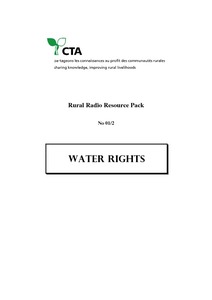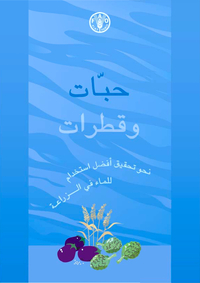The organizational structures for community-based natural resources management in Southern Africa
Throughout Southern Africa there has been a move to decentralize natural resource management (NRM). Decentralization has taken many forms, resulting in different organizational structures for NRM. Fourteen case studies from eight countries can be classed into four types, depending on the key organizations for NRM: (1) district-level organizations; (2) village organizations supported by sectoral departments (e.g. Village Forest Committees); (3) organizations or authorities outside the state hierarchy (e.g.






